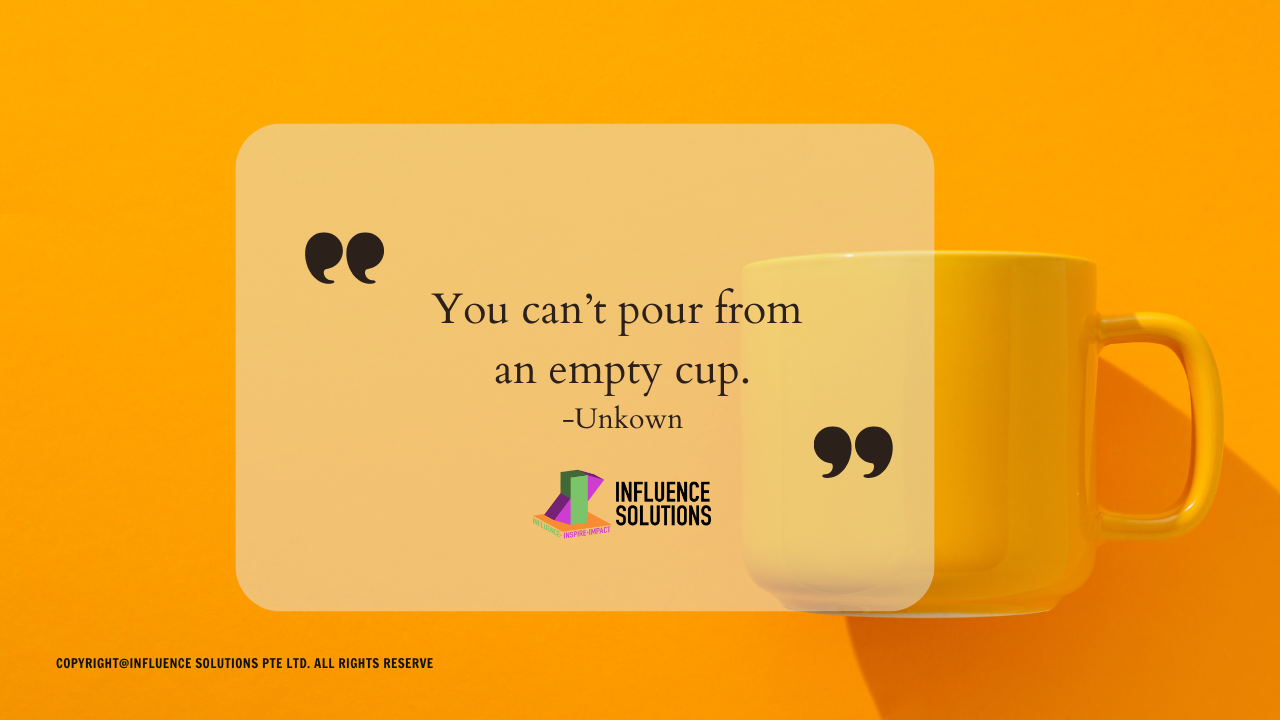September 2025 F.I.R.S.T. Newsletter 2 – The Reset That Powers Your Resilience
Happy September!
To support you in being F.I.R.S.T. (Future-Ready. Innovative. Relevant. Strategic. Trusted.), here’s 1 tip and 1 quote.

The F.I.R.S.T. Tip
High-performing professionals often pride themselves on pushing through exhaustion, believing perseverance equals strength. But here’s the reality: when recovery is missing, performance drops and burnout soon follows.
Resilience isn’t about how hard you push. It’s about how well you recover.
And the data is clear:
- Burnout costs the global economy $1 trillion annually in lost productivity (WHO).
- Employees who take regular breaks are 31% more productive and more engaged (Harvard Business Review).
- Chronic stress even shrinks the brain’s decision-making center (Yale research).
So how do we reset resilience before burnout strikes?
Five powerful practices for everyday resilience:
- Take micro-breaks. Step away for 2–5 minutes every 90 minutes — stretch, breathe, or walk to refill your water. Small pauses prevent big crashes.
- Protect digital boundaries. Set a time to disconnect from work apps and email each night. Clear “off” zones restore mental space.
- Prioritise sleep. Treat 7–8 hours as non-negotiable fuel, not a luxury. Sleep debt directly impacts mood, memory, and focus.
- Move in small ways. Can’t find time for the gym? Try “movement snacks” — take the stairs, walk while on calls, or do 10 squats or stretches between meetings. Even 15 minutes of walking daily reduces stress hormones.
- Connect with people who recharge you. A quick chat with a colleague, friend, or family member can lift your mood more than another scroll through social media. Social connection is one of the strongest buffers against stress.
Top leaders echo this truth:
- Arianna Huffington collapsed from exhaustion years ago, sparking her global campaign for sleep and wellbeing at work.
- Satya Nadella (CEO, Microsoft) emphasises empathy and renewal as essentials for sustainable performance.
- Jeff Bezos prioritises 8 hours of sleep, saying: “I make better decisions with a clear mind.”
For leaders and HR partners, resilience also means shaping environments where mental wellness can thrive.
- Normalise conversations about stress — train managers to check in with empathy.
- Encourage recovery practices — respect downtime, discourage after-hours emails.
- Provide safe spaces and resources — workshops, employee assistance programs, or quiet recharge zones.
Resilient professionals don’t wait until collapse. And resilient organisations don’t leave wellbeing to chance — they design it into the culture.
Want to build resilience and mental wellness in your workplace?
At Influence Solutions, we help leaders and teams create cultures where wellbeing and performance go hand in hand so people can thrive.
The F.I.R.S.T. Quote






